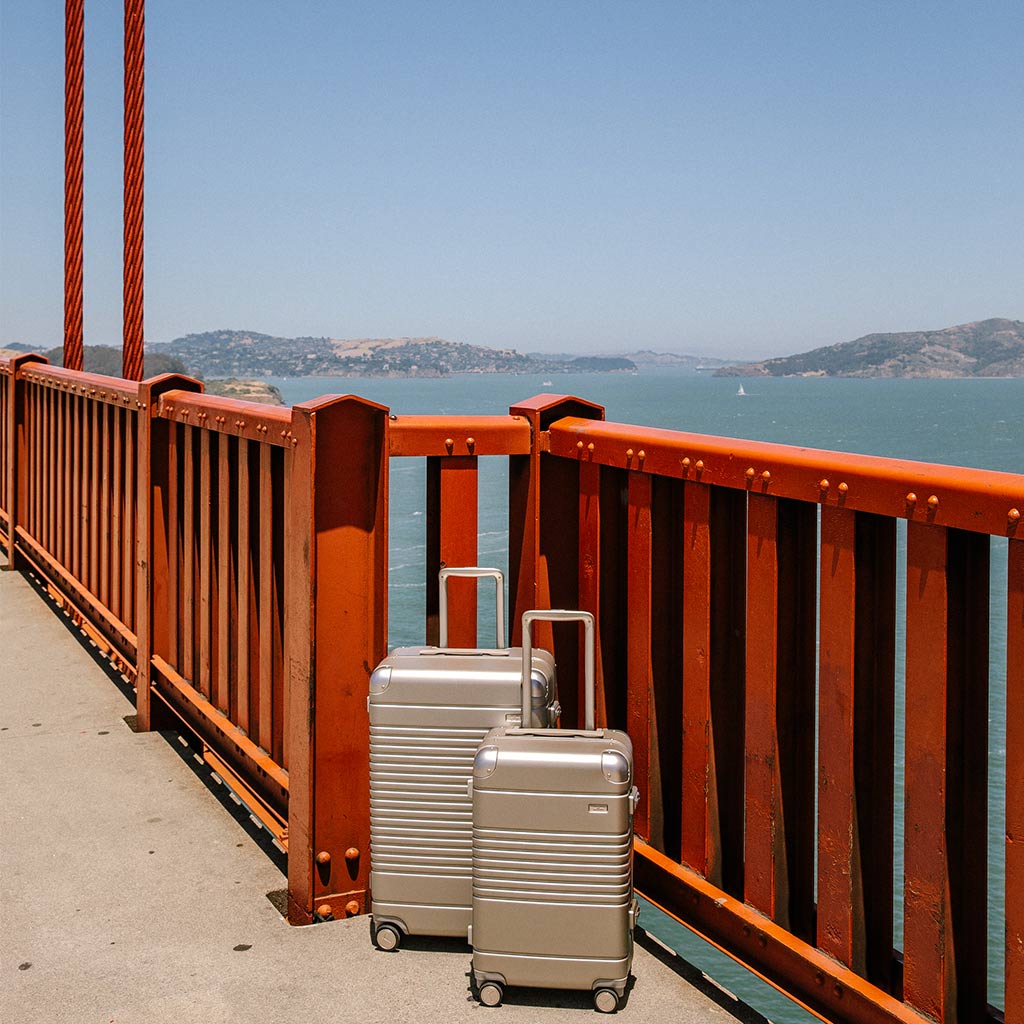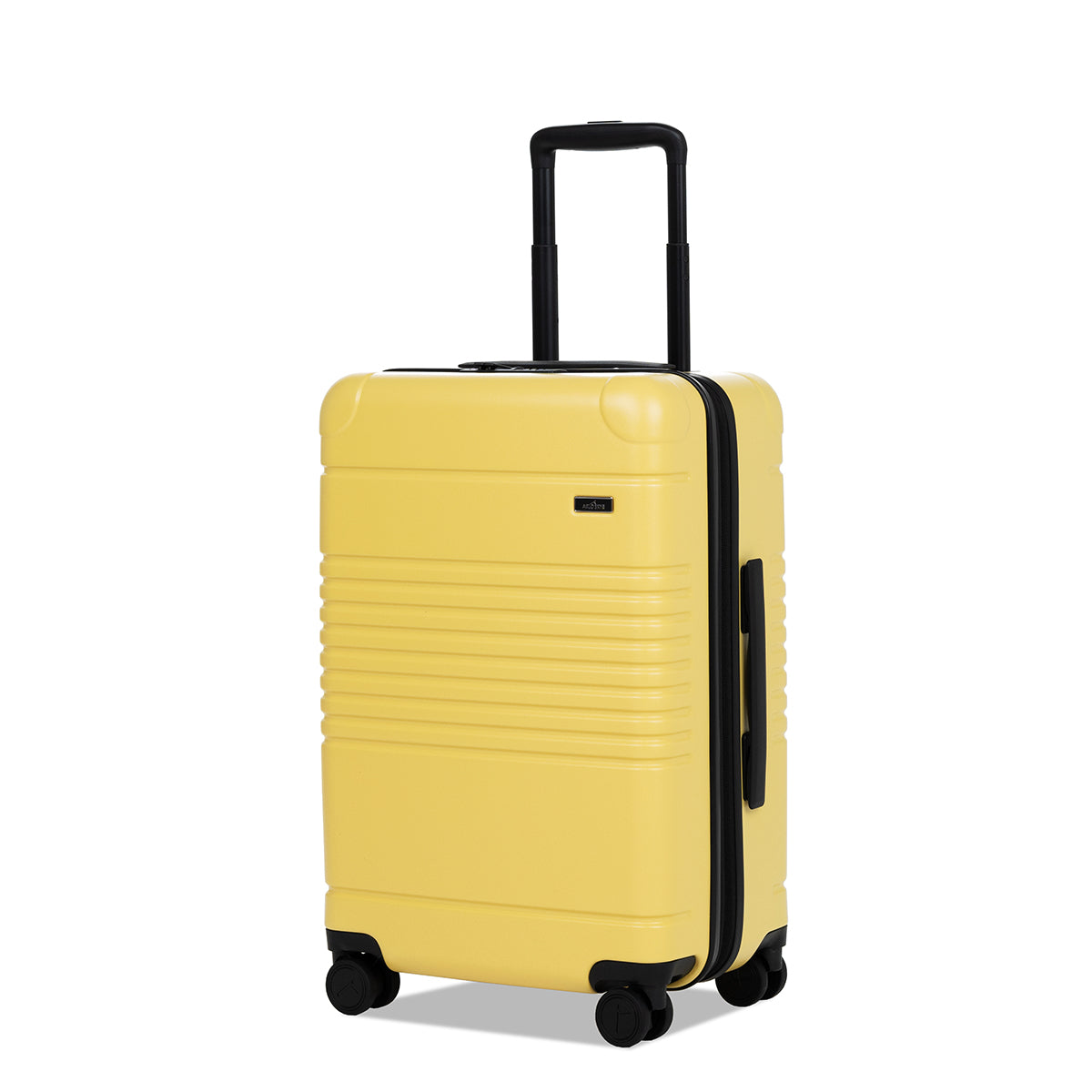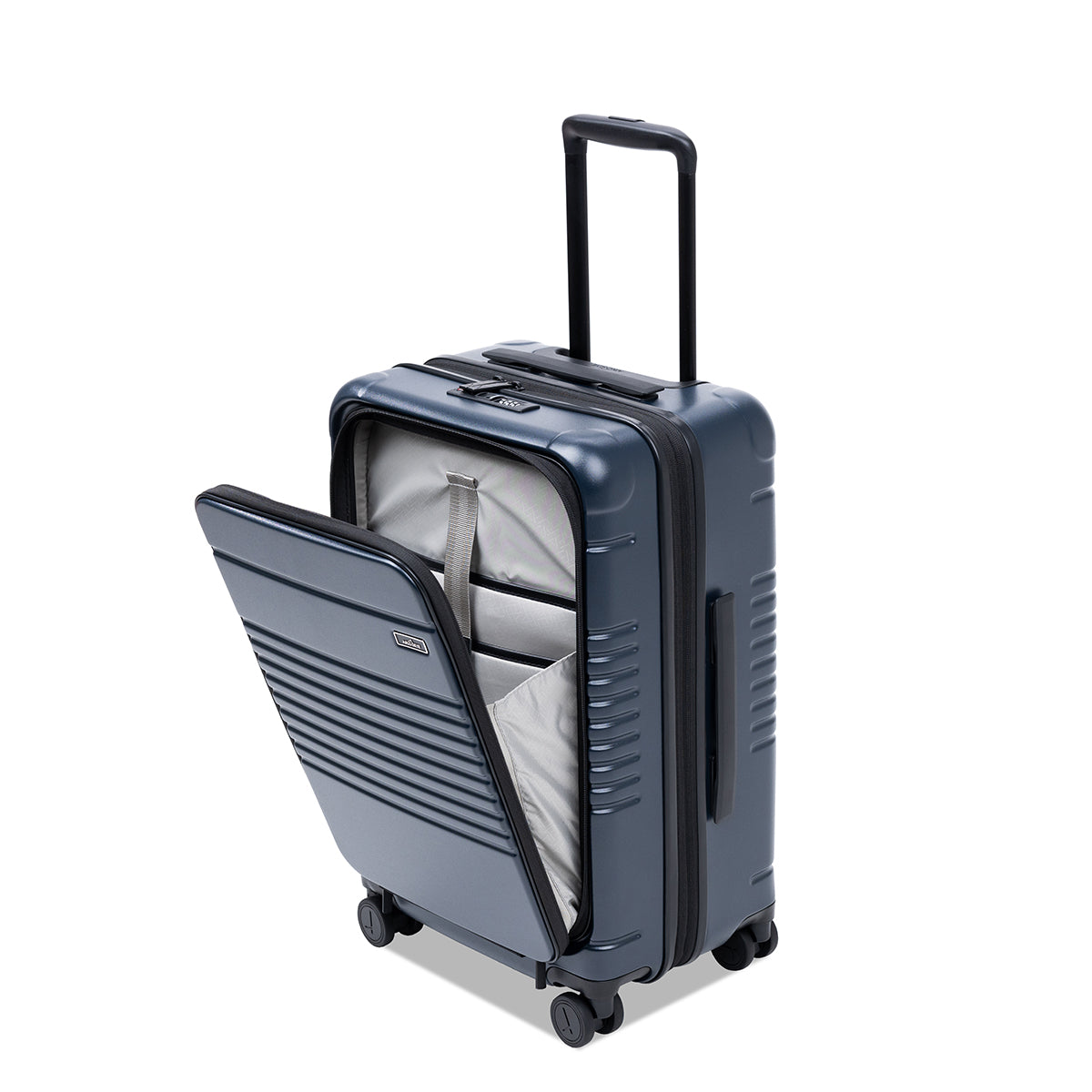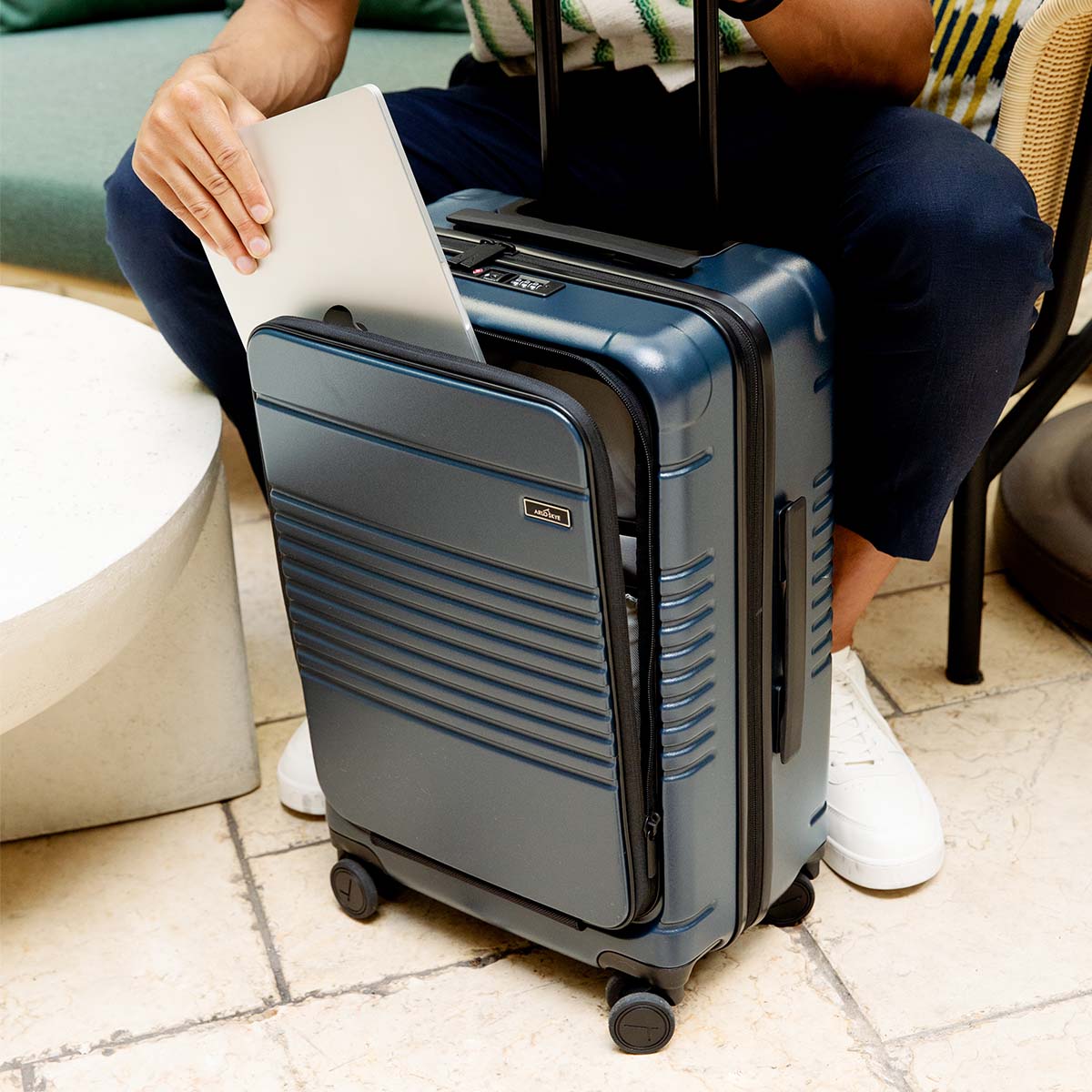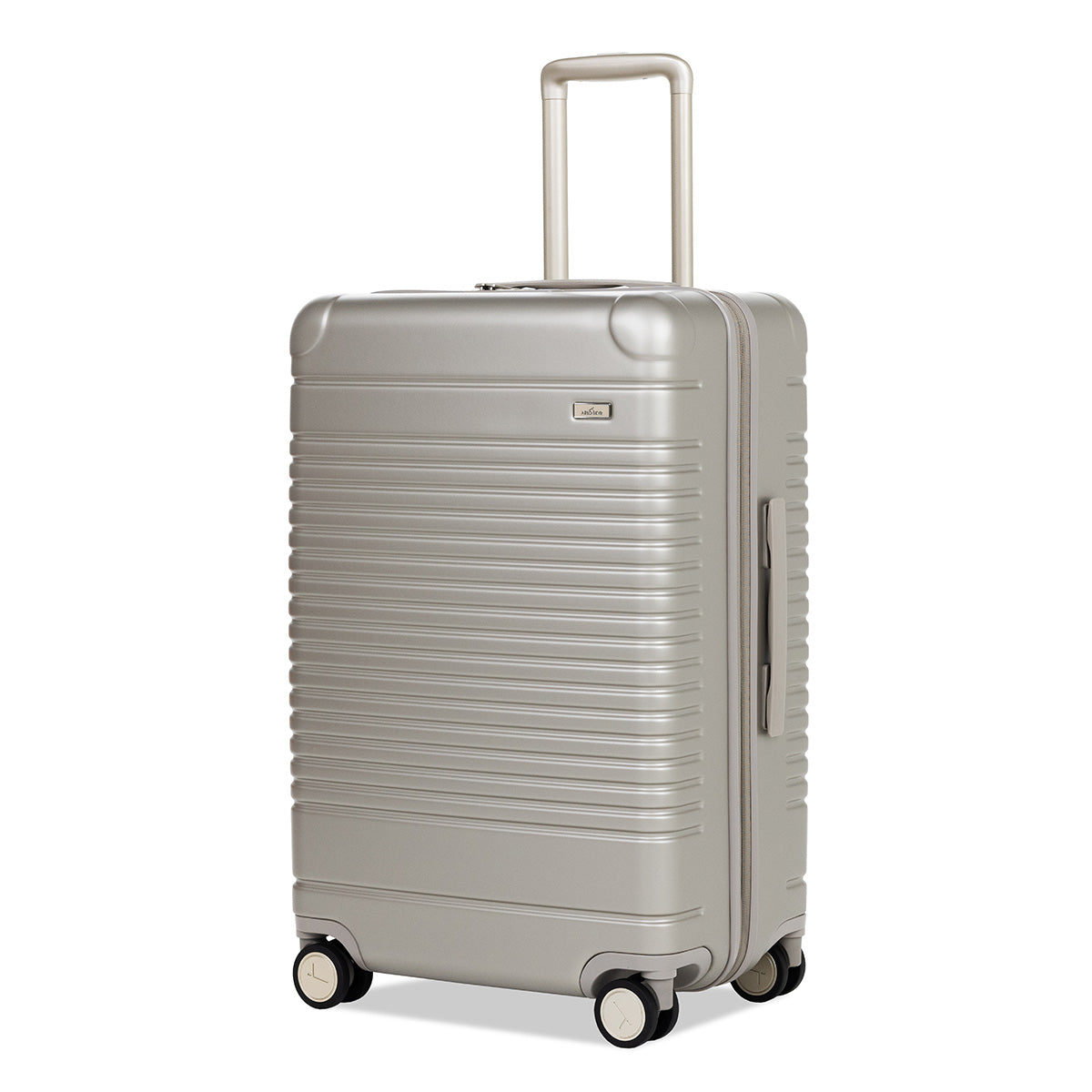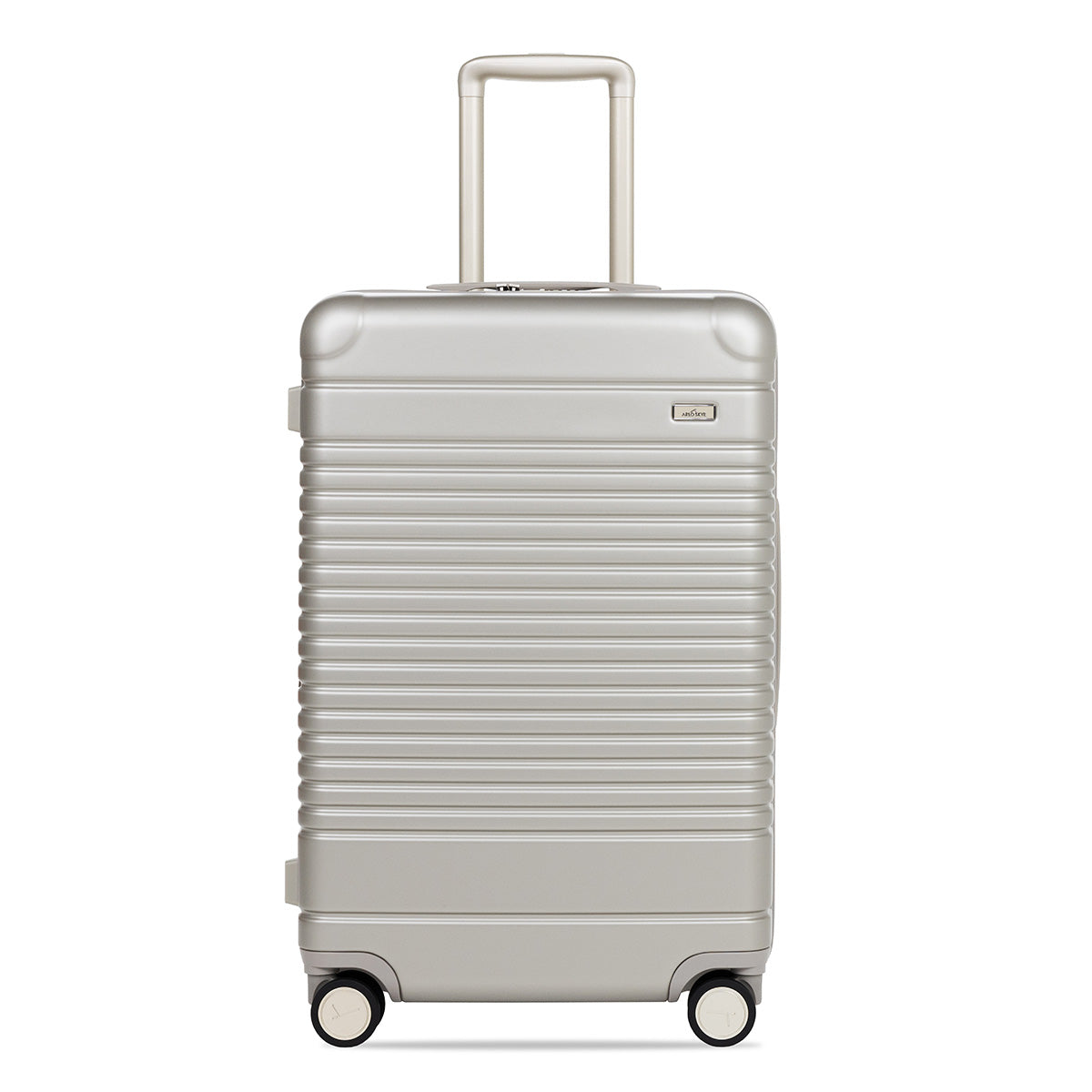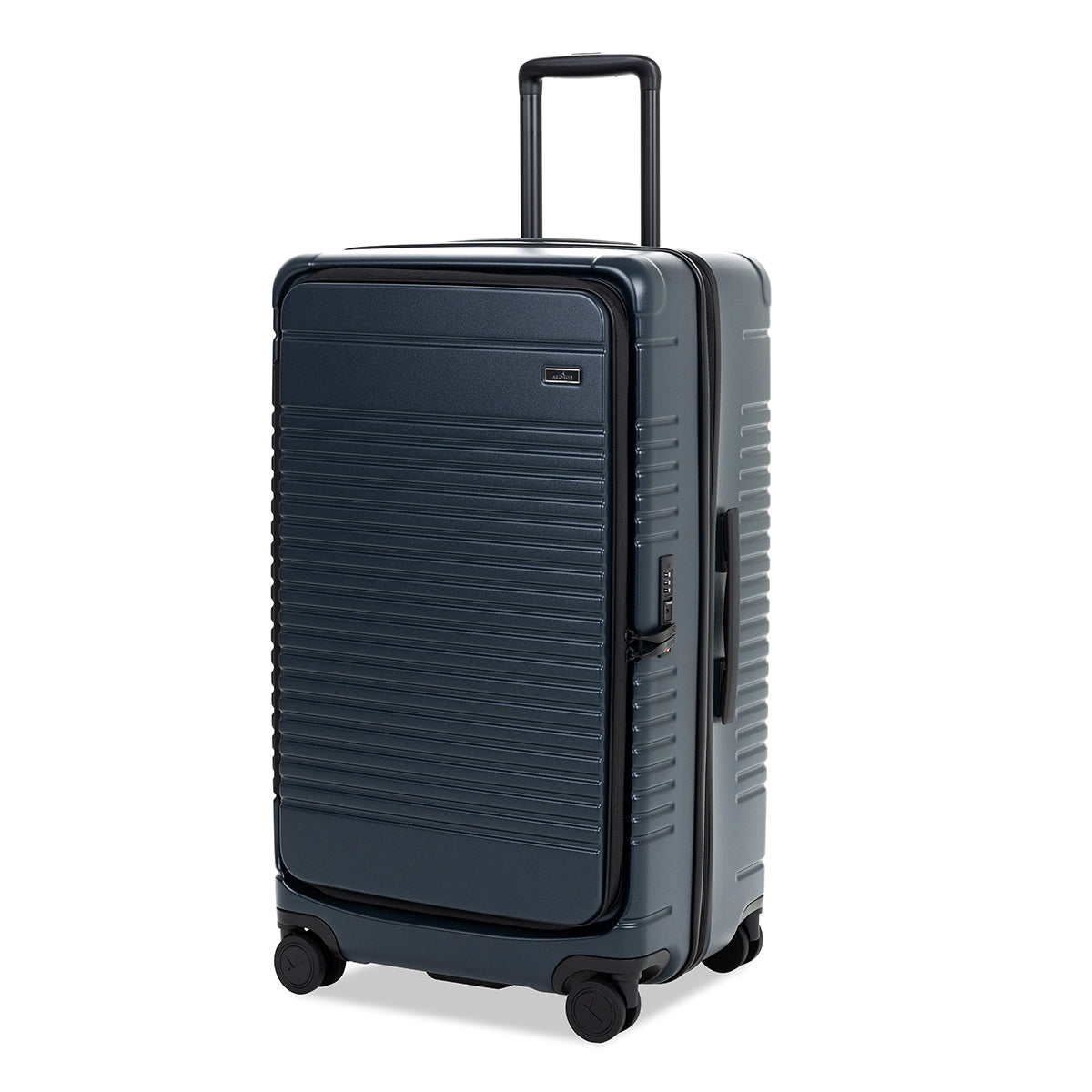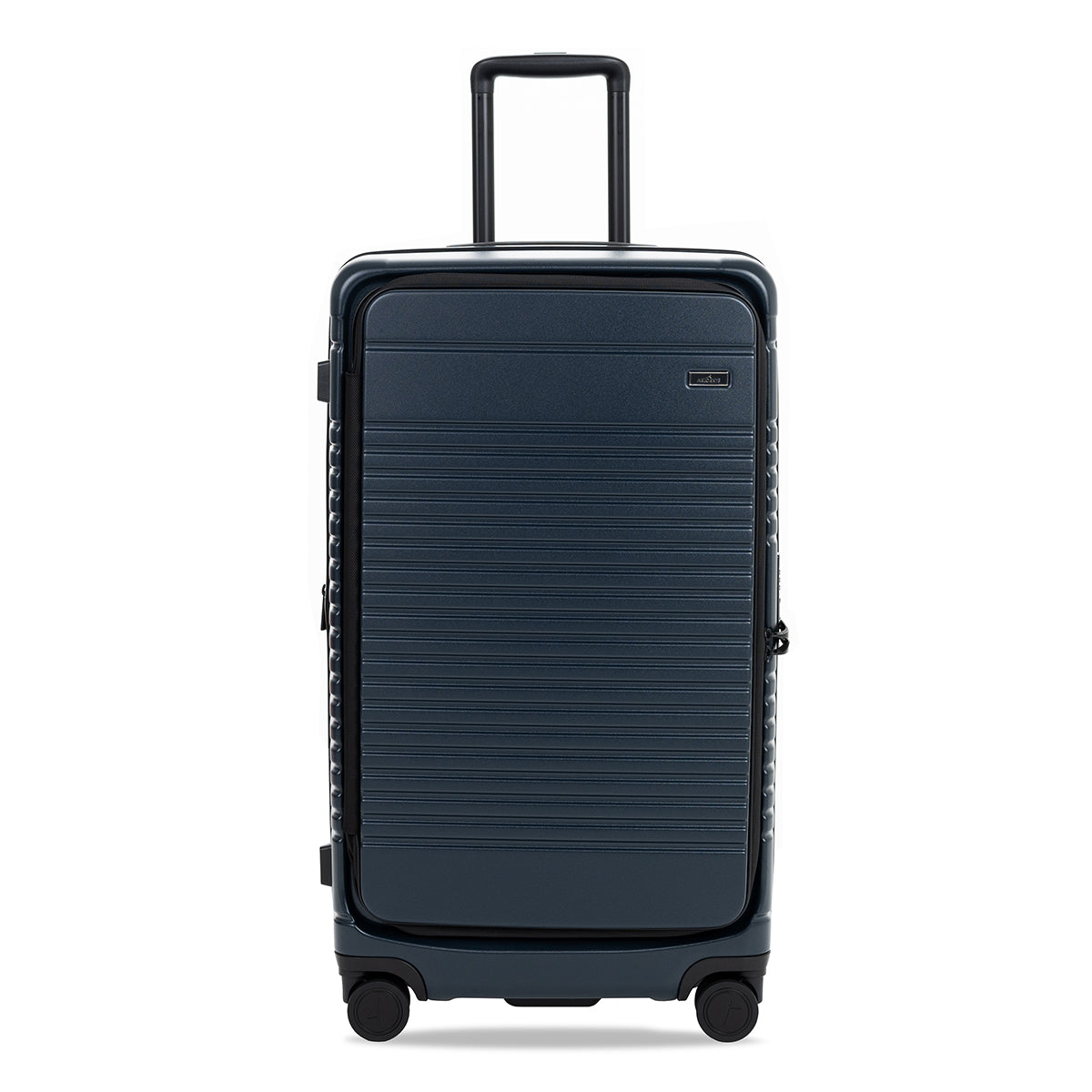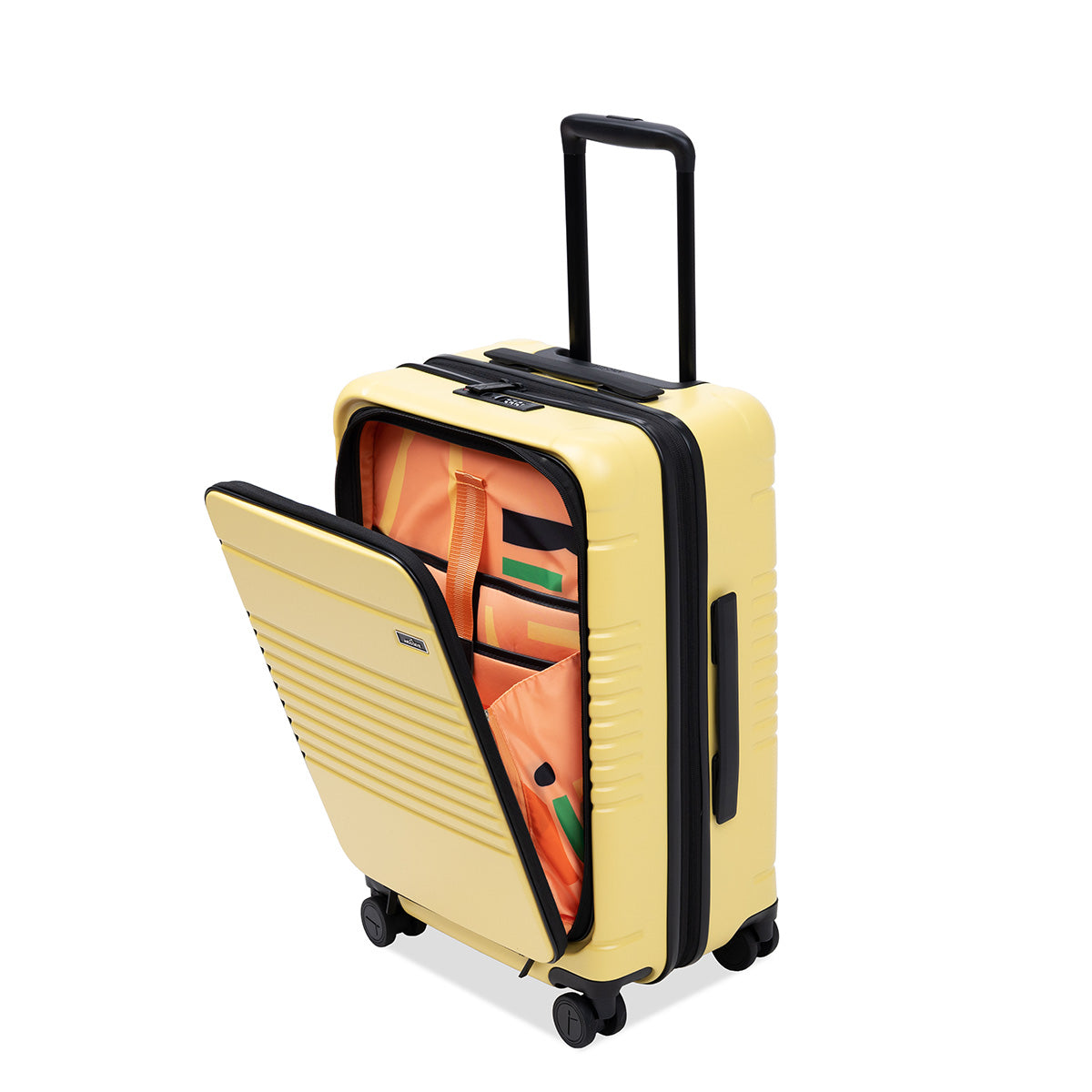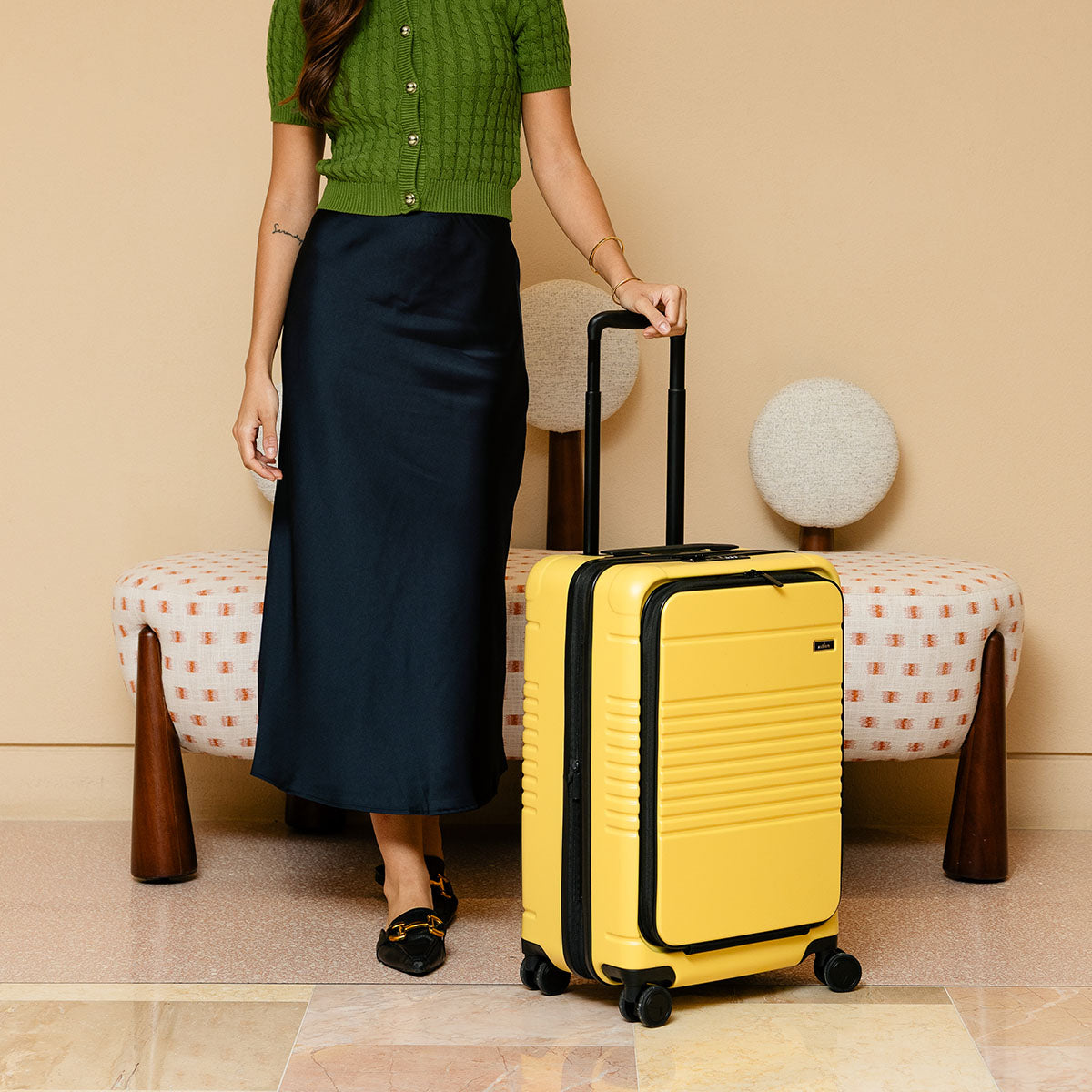While most of us thrill at the thought of traveling halfway across the world, there is almost always an initial biological stress to our far-flung adventures: the dreaded jet lag. What's the fun of posting pics from your trip if you look totally sleep-deprived in every single one? :(
Enter Dr. Matthew Walker, Director of UC Berkeley's Sleep and Neuroimaging Lab, Sleep Scientist at Google and author of the recent New York Times bestseller Why We Sleep: Unlocking the Power of Sleep and Dreams. In the book, Walker reveals his groundbreaking exploration on the science of sleep, explaining how better sleep will help us live longer, healthier and more creative lives.
Scale back your sleep timing even before your trip.
While Walker notes that there is no "cure" for jet lag, you can begin to acclimate your body to time zone shifts by incrementally scaling back when you wake up in the a.m. in order to get closer and closer to the natural “wakefulness” time at the destination—starting at least a week before your trip. For example, if you live in LA and are traveling to London, try waking up ten minutes earlier each day (meaning: if you normally wake at 7:30, try getting up at 7:20, then 7:10 the next day, and so on). So in the week leading up to the flight, you’ve already adjusted for 1 hour of the 8 hour time difference.
Avoid sleeping during the last half of the flight.
If you want to sleep, try to do so in the first quarter of your flight. Why? It is essential you get 12-14 hours of solid wakefulness before getting to bed in your arrival time zone. Yes, it is going to be a tough first day but you’ll adjust faster to your new time zone and be so much more productive on your trip.
Taking a micro-dose of Melatonin before bed time in your new time zone may help you fall asleep without affecting your sleep quality.
According to Walker, Melatonin is not a traditional sleep aid like Ambien (which he does not recommend taking as it may disrupt REM sleep). Melatonin, he explains, is like the starting official of the 100 meter dash. It organizes the participants, but does not participate in the race itself. That’s why Melatonin doesn’t affect sleep quality. It just controls the timing of when sleep occurs by tricking the body to think it’s time for sleep (even if it’s many hours from “normal” bedtime).
On Day 1 and Day 2 of arrival, alternate between wearing and not wearing shades.
Expose yourself to at least 30-40 minutes of morning sunshine—and avoid wearing shades. In the afternoon (even on a cloudy day) always wear your shades before heading out. This will help signal to your body that it's starting to get close to bedtime. That first evening, go to bed nice and early. Walker emphasizes this as critical in helping to set your internal clock to a new time zone.
For every day that you’re in a new time zone your body will catch up by 1 hour. So, if you’re flying from LA to London, it can take 8 days to fully tune your body up to UK time.
Beyond these tested tips, there's one more that's a bit harder to follow (but worth aspiring to): avoid caffeine and alcohol on your flights. We know how smooth airplane champagne goes down when you’re at 40 thousand feet, but trust us: it'll challenge your already-stressed biorhythms. OK, maybe the aperitif just before take-off doesn’t count?
If you want a deeper dive into Walker’s explorations on sleep (and we highly recommend it!), pick up his book on Amazon or check out the full conversation with Kevin Rose.
Dr. Matthew Walker on Twitter: @sleepdiplomat

